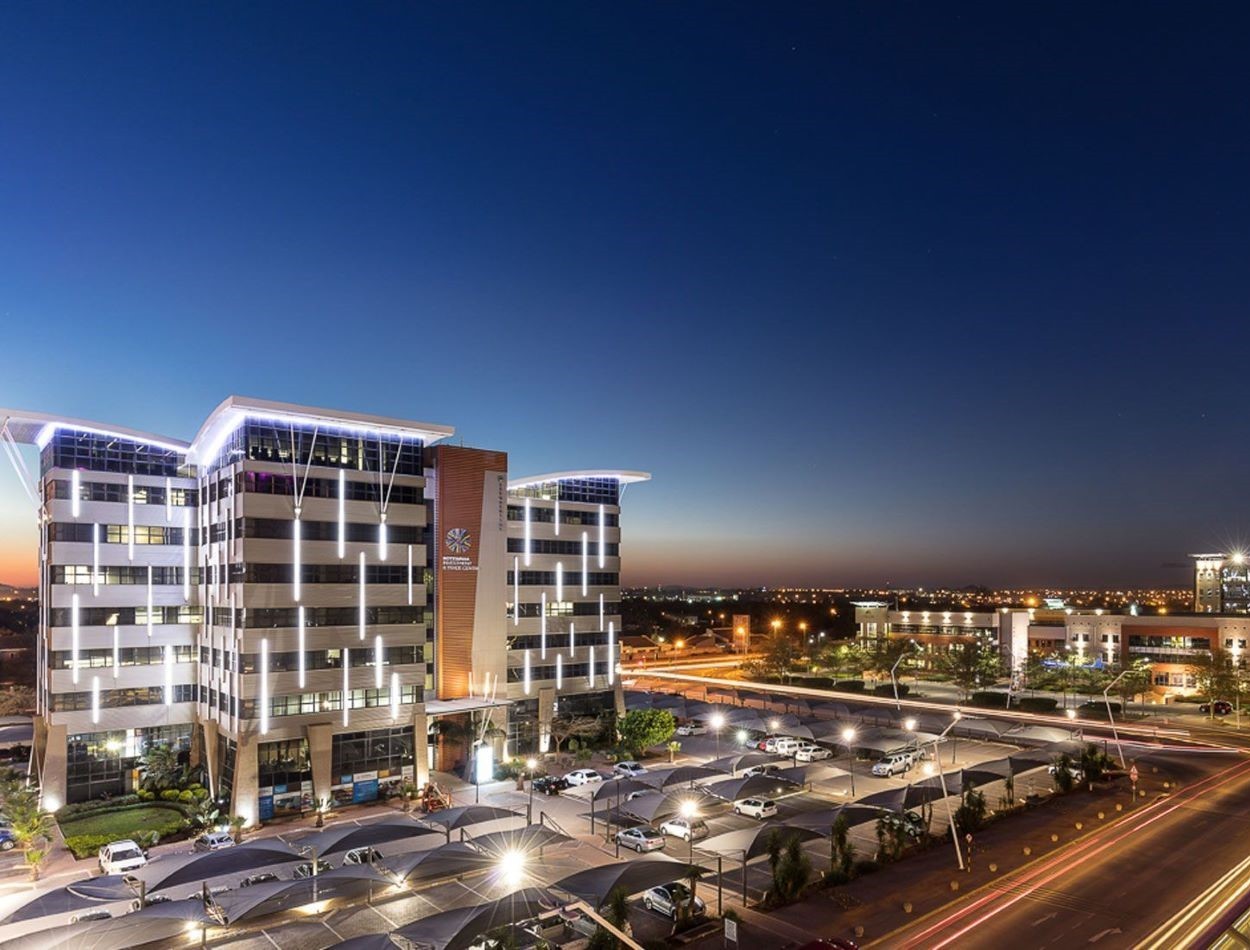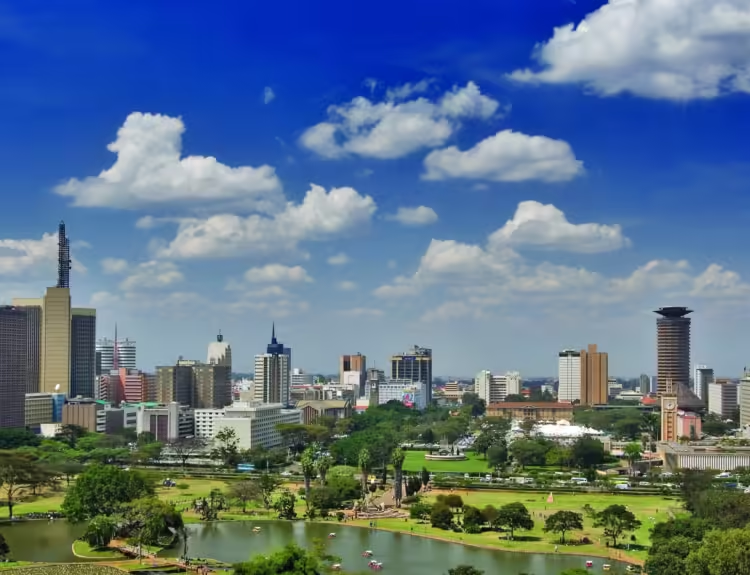Egypt’s President Abdel Fattah el-Sisi has sworn in a new cabinet a month after the previous cabinet led by Prime Minister Mostafa Madbouly resigned.
The head of state brought in new leaders for key ministries to address the economic challenges and escalating regional conflicts Egypt is currently facing.
This Cabinet reshuffle includes major changes in the defence, foreign affairs, and economic sectors, demonstrating el-Sisi’s response to mounting public dissatisfaction and complex geopolitical issues.
Egypt’s economic challenges
The North African country’s economy has suffered a great deal over the past few years due to Economic mismanagement exacerbated by the COVID-19 pandemic and the impact of conflicts in Europe and the Middle East.
Consequently, Egypt’s inflation has skyrocketed and widespread poverty has left nearly 30% of Egyptians living below the poverty line according to World Bank data. An economic reform program initiated in 2016 with the support of the International Monetary Fund (IMF) has led to austerity measures, further straining the nation.
Additionally, the nation is currently facing the Gaza conflict along its border and persistent power cuts.
These are some of the issues that President el-Sisi has tasked the new cabinet to address. During his inaugural address to the newly formed government, the head of state emphasized the importance of completing the economic reform program and urged the ministers to prioritize “attracting and encouraging domestic and foreign investments.”
El-Sisi, re-elected in December for a third six-year term, tasked PM Madbouly who has been in office since 2018, with forming the new government last month. The new Cabinet includes four women and several technocrats, with a few ministers retaining their positions.
El-Sisi’s new cabinet
The cabinet reshuffle saw Egypt’s finance minister, Mohamed Maait, who has been holding that position since 2018 being replaced with Ahmed Kouchouk, Kouchouk is a former World Bank economist who was involved in implementing the economic reform with the IMF.
The tourism and antiquities minister Ahmed Issa was replaced by Sherif Fathy, a former civil aviation minister, Fathey is expected to revive the tourism industry which has also been facing significant challenges.
Egypt has been experiencing recurring power cuts that ignited public frustration and even resulted in some factories being shut down. As a result, Mahmoud Esmat was appointed to oversee the electricity ministry to address this issue.
Additionally, Badr Abdelatty, an experienced diplomat who has served as Egypt’s envoy to several European nations, including Germany and Belgium, was appointed as the new foreign and migration minister. He replaced Sameh Shoukry. Abdelatty’s appointment comes as Egypt navigates conflicts in Gaza, Libya, and Sudan.
Rania al-Mashat, the minister of international cooperation, was re-appointed while Hassan El Khatib, who has a background in finance at the European Bank for Reconstruction and Development was named investment minister.
Karim Badawi who previously served as a manager with an oilfield services company, was appointed petroleum minister.
Sherif Farouk, who supervised pension reforms at Egypt Post, will lead the supply ministry, which manages wheat imports and a large food subsidy program.
The defence ministry also saw a change in leadership, with Gen. Abdel-Majeed Sakr replacing Gen. Mohamed Zaki. Additionally, Lt. Gen. Ahmed Fathy Khalifa was appointed as the military’s chief of staff.
The new appointments are part of President el-Sisi’s plans to stabilise the country’s economy.






